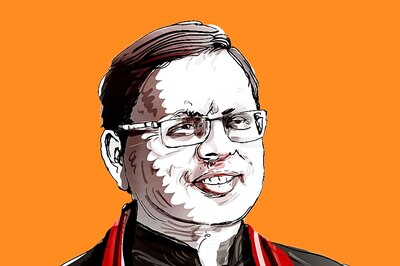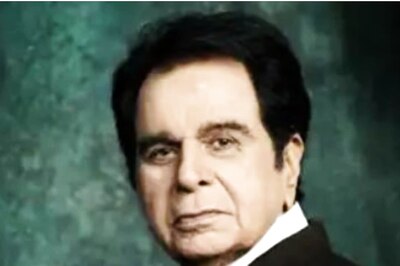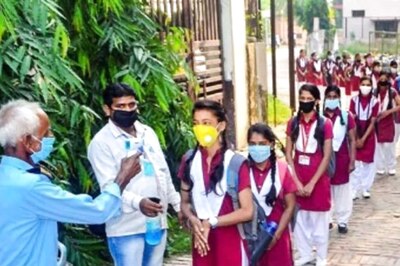
views
BANGALORE: On July 15, 1992, 35-yearold Pramod Verma, a sales manager in M/s Encore Marketing Pvt Ltd succumbed to death from viral fever owing to medical negligence.Reclaiming her life torn apart from the tragic demise of her husband, Poonam Verma filed a petition against Dr Ashwin Patel, a Homeopathy doctor, citing negligence on his part in administering strong dosage of antibiotics to Pramod Verma.In a shocking turn of events, it was later revealed that Dr Patel was not qualified or even authorised to practise in allopathy or prescribe allopathic drugs and, therefore, his lack of expertise in Allopathic System of Medicine was responsible for the deficient and ineffective treatment administered by him.In India, several systems of medicine including allopathy (MBBS), homeopathy (BHMS), ayurveda (BAMS) and unani (BUMS) coexist today.And, according to the Indian law, an individual registered under a particular system of medicine should abstain from practising an alternate system.However, with the rising population and an aggravated demand for quick remedies; the shocking trend of non-allopaths prescribing allopathic medicines has emerged.Raising numerous legal, moral and ethical issues for the medical profession and society in general; cross practice indubitably amounts to professional misconduct.City Express delves into the immoral and unethical world of cross practice in Bangalore city.In an attempt to study this rising trend in Bangalore hospitals, a survey titled ‘Professional misconduct: Cross practice in allopathic hospitals of Bangalore city’ was conducted by a group of doctors from Dr B R Ambedkar Medical College -- Dr P A Balaji (Department of Physiology), Dr S K Karthik (Assistant Professor of forensic medicine and toxicology), Dr Mohan (Post graduate of forensic medicine and toxicology) and Dr G Jayaprakash (Professor of forensic medicine and toxicology), Dr Syed Sadat Ali (Assistant Professor of Physiology), Dr Karthik S K (Assistant Professor of forensic medicine and toxicology) and Dr Kailash N (Professor and HOD, ENT).They survey was published in the Journal of South India Medicolegal Association earlier this year.With chemical dependency aggrandising over the years, medical practitioners are now resorting to unscrupulous methodologies in order to meet the rising demands for a quick fix remedy.“Seeking appreciation and striving to make a positive impression with patients, some doctors today not only indulge in cross practice but also prescribe and show preference to medicines that provide temporary relief, such as Steriods which may mask the actual disease and at a later stage may cause irreversible damage, rather than encouraging healthy recovery.Such practices are derogatory to both the medical profession and society at large.As per Medical Council of India and Karnataka Medical Establishments Act, it is professional misconduct and medical negligence per se and they are punishable as per law.Moreover, ethically a physician should adhere to his own system of medicine without encroaching the subject area of another system of medicine.There should be strict vigilance with regard to cross practice in hospitals and clinics by regulatory bodies including Medical Council of India, Karnataka Medical Council, District Health Officer and Directorate of Medical Education.Furthermore, doctors can provide palpable solutions with Integrated medicine which implies treating a patient by combination of different systems of medicine by concerned specialists in co-ordination with each other without following cross practice,” said Dr P A Balaji (Department of Physiology), principal investigator of the survey.Enforcing harsher restrictions on perfidious acts committed by doctors who entertain cross practice seems to be the need of the hour.Some of the biggest challenges India faces today with respect to quality medical treatments include preventing impunity by effective and ethical medical procedures.Said Dr Jayaprakash G, “Hospitals should be issued legal notices by regulatory bodies as a warning, if found indulging in cross practices.” Accentuating on the importance of natural treatment and ethical practice, Dr Syed Sadat Ali, further added, “It is absolutely essential that allopathy doctors abstain from using non allopathic medicines.Thereby, eliminating the issue of cross practice completely.” Medicine being a progressive and experimental field of science is always under scrutiny for diverse practices.Therefore, not only is it mandatory for doctors to monitor a patient’s progress regularly but also ensure that appropriate and adequate clinical supervision are administered to all regardless of status and stature.



















Comments
0 comment